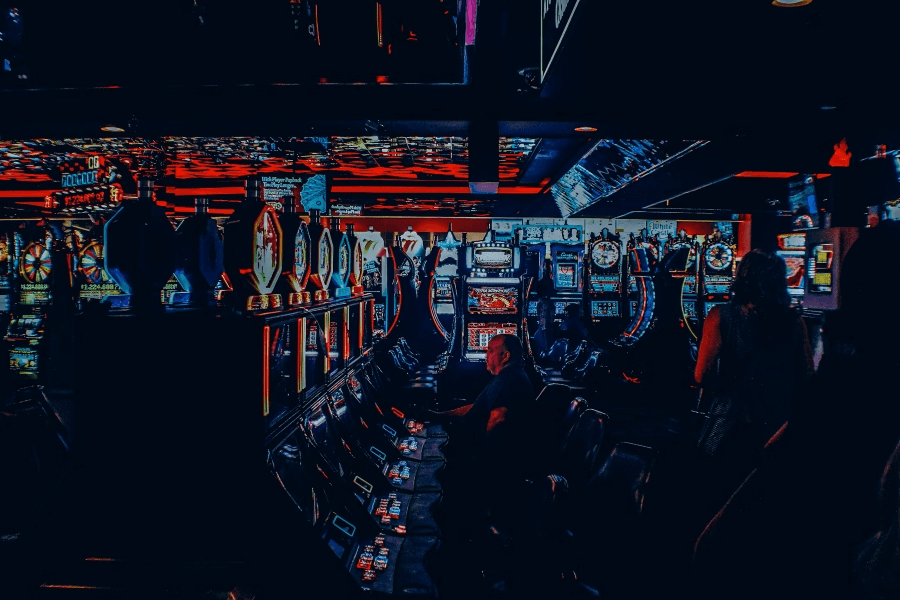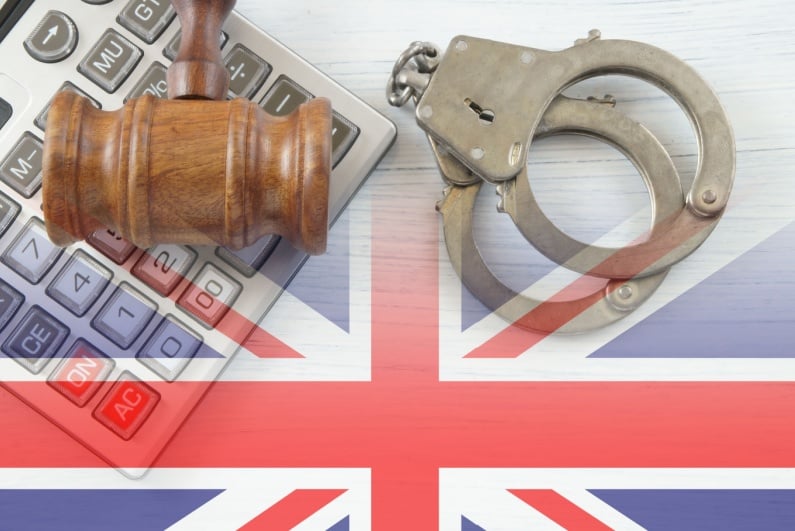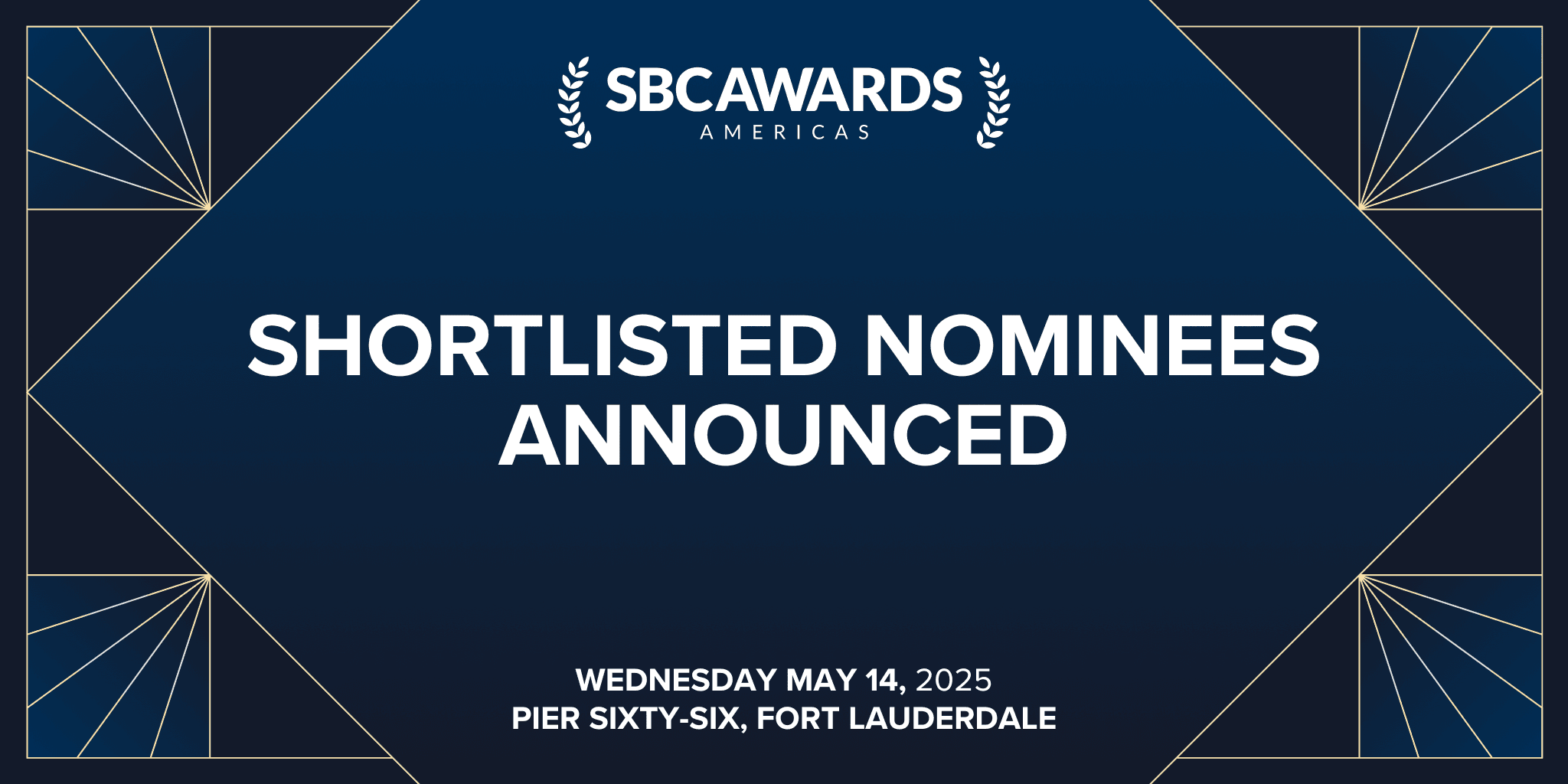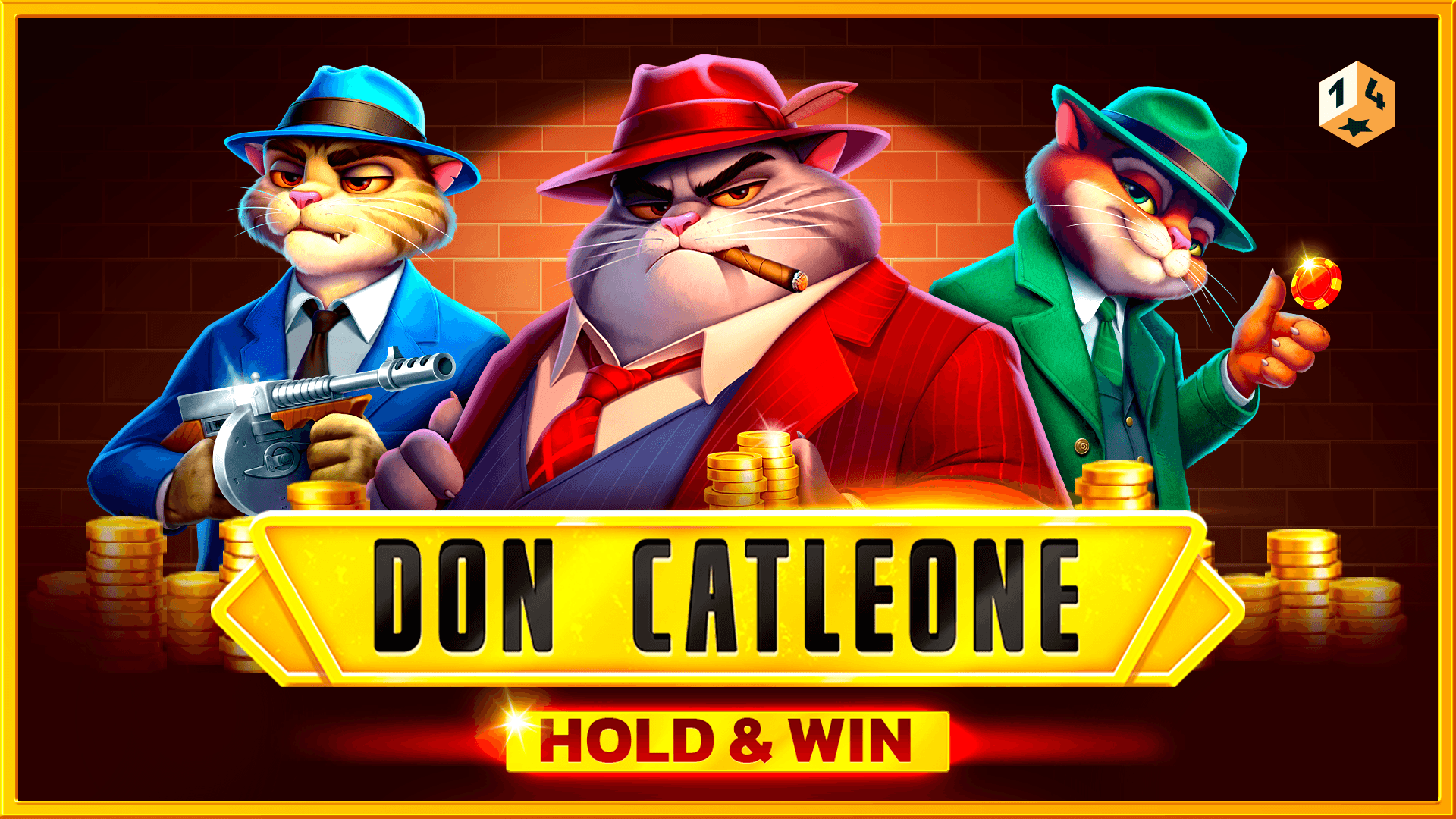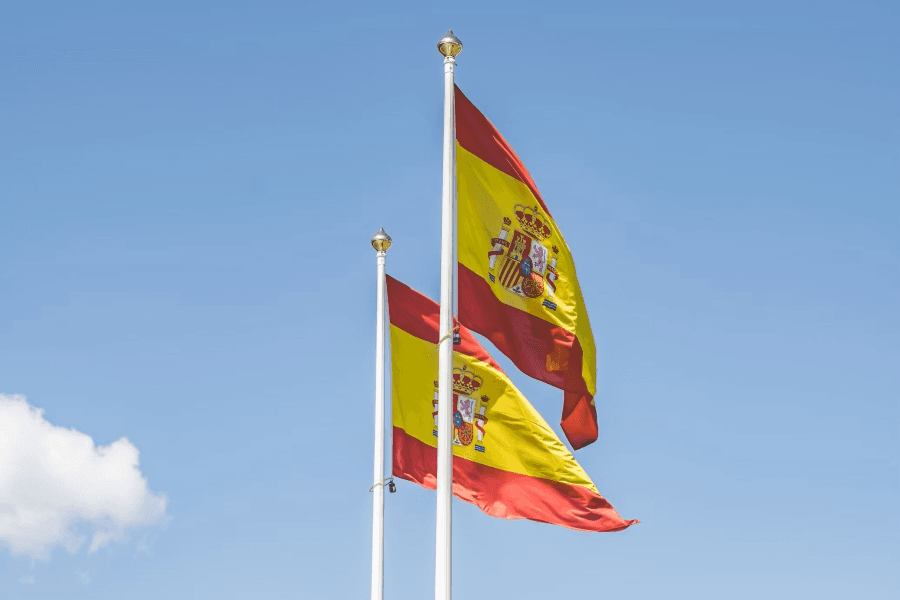Virginia’s Top Court Makes Skill Gaming Illegal

Richmond Virginia
The Virginia Supreme Court has ruled that skill games are illegal throughout the state. The decision overturns a previous ruling by a lower court and has major consequences for the skill gaming industry. Both businesses and players are dealing with the results of this ruling.
The legal dispute began when Sadler Brothers Oil, a company operating skill games at gas stations, filed a lawsuit claiming that the state’s inconsistent stance on the legality of these machines violated their First Amendment rights. The industry argued that the games’ different themes, such as ghost stories, pirate ship battles, and medieval dragon hunting, were protected free speech.
In December 2021, Circuit Judge Louis Lerner issued a temporary order preventing law enforcement from taking the skill games, recognizing the potential validity of Sadler Brothers Oil’s lawsuit. However, the Virginia Supreme Court disagreed, stating that while the games may have elements of expression, they were not the main target of law enforcement seizures.
Unlike regular slot machines, skill gaming machines require players to interact with a winning payline through tapping, adding a skill element to the games. One well-known game, “Queen of Virginia,” is made by Pace-O-Matic, a Georgia-based producer.
Although the temporary authorization for skill games expired on June 30, 2021, the case was not scheduled for trial until the following month. However, the Virginia Supreme Court expedited the process after a request from the state, ultimately declaring skill games illegal across the entire state.
The consequences of this ruling are far-reaching, affecting businesses that had invested in approved skill games and had paid the required monthly fee of $1,200 per machine during the one-year authorization period. These businesses were the only ones allowed to operate skill games while the temporary order was in place. With the ruling now in effect, law enforcement can seize any remaining machines still in use.
The timing of the Virginia Supreme Court’s decision is particularly difficult since the state had been considering regulations for skill games. Initially, Virginia allowed these games to help small businesses, including restaurants and convenience stores, recover from pandemic-related losses. However, the court’s ruling has abruptly ended this temporary allowance, leaving these businesses without an extra source of income.
As a result, the skill gaming industry, including Pace-O-Matic, faces the challenge of dealing with the implications of the court’s decision. While the industry may argue that the themes and messages in the games are protected free speech, the court has made it clear that it is the act of gambling, not the content of the games, that falls under the state’s regulatory authority.
As the legal battle continues, the skill gaming industry in Virginia is uncertain about the future. The court’s ruling has dealt a severe blow to businesses that relied on these machines for revenue, adding to the economic difficulties caused by the ongoing pandemic.
It remains to be seen if there will be further attempts to challenge the legality of skill games in Virginia or if this ruling will encourage other states to review their own regulations. For now, skill games have been definitively declared illegal in the state, forcing businesses and players to adapt to this new reality.



 2023-10-17
2023-10-17





